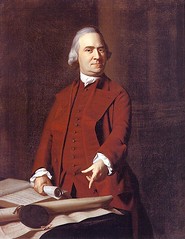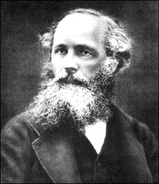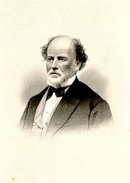Details of Scripture
A Christian fellow recently told me I was too concerned with the "details of Scripture." That I was "striving about words to no profit" according to 2 Timothy 2:15. How do we know those "words" Paul was referring to were words found in Scripture? I asked. The word we were discussing was found in Scripture and that the word this fellow said there was no profit in understanding was Gentile. I had pointed out Gentile is a Latin word and not found in the original Greek (or Hebrew for that matter) and, being a Latin word, should not be used in an English translation of either the Old or the New Testament.
The Importance of Context
Telling my acquaintance that context is important and needs to be considered, I pointed out that the very next verse in 2 Timothy 2, verse 16, Paul tells us to "study to show thyself approved unto God, a workman that needeth not be ashamed, rightly dividing the word of truth."The reason it is important to know that Gentile is not in the original Greek New Testament is because that word is used to confuse and obfuscate the original Greek word, ethnos, which most times should be translated nations, not Gentiles. Today, a Gentile is often considered to be a "non-Jew," which is not the meaning of the word Gentile. Gentile is from the Latin genus, and meant, at the time of its use in the New Testament, one who is not a Roman citizen.
Details in Scripture Are Important
The point is, it is important to know the details of Scripture. When Christ Himself was tempted of the devil to "command that these stones be made bread," (Matthew 4:3) Christ answered and said, "It is written, Man shall not live by bread alone, but by every word that proceeds out of the mouth of God." Which words of God are we to ignore?Which words in Scripture are not important?This fellow went on to tell me, quoting John 3:16, that what was important was that Jesus Christ is in your heart and that we share the love of Christ within us with others. In other words, the most important verse, and perhaps the only verse needed by a Christian, is John 3:16. "For God so loved the world that He gave his only beloved Son, that whosoever believes in him should not perish, but have everlasting life."
Misuse of the Word "World"
I pointed out that the word "world," in the context of Scripture, doesn't mean the entire population of the world, but the Society of Israelites for whom Christ specifically said he came for:"I am not come save for the lost sheep of the house of Israel."Surely the word "world" as used in Luke 2 when Caesar Augustus sent out a decree that the world should be registered, the entire "world" is not meant. The Chinese, the Aborigines or the Polynesians of the South Sea or the African tribes in the heart of the jungles of the Dark Continent, were not included. Neither are they included in John 3:16, despite what Christian missionaries erroneously believe. Nor was the faith of the Romans "spoken of throughout the whole world," (Romans 1:8) but only throughout the known Roman world or Society, centered around the Mediterranean Sea region during the time of Paul and his missionary journeys to his fellow Israelites, preaching the gospel to the lost sheep of the house of Israel, as commanded by Jesus Christ.





















